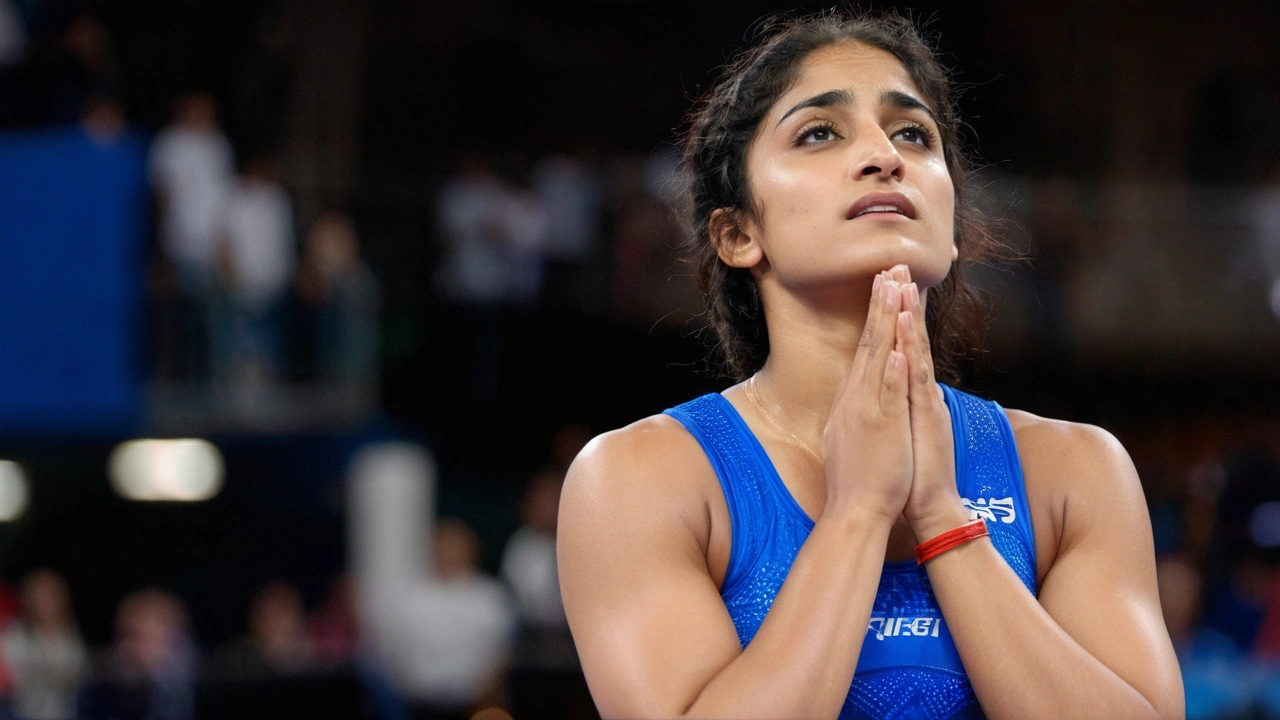Wrestling Disqualification: what it means and why it happens
Getting disqualified in a wrestling match can change a tournament fast. Whether you follow Olympic freestyle, Greco-Roman, college (folkstyle) or pro wrestling, a DQ means more than just a lost match. It can mean suspension, stripped medals, or a damaged reputation. Here’s a clear, plain guide to what leads to disqualification, what follows, and how wrestlers and fans should react.
Why wrestlers get disqualified
There are a few main buckets that cause disqualification. First, safety fouls: illegal holds, eye gouging, biting, strikes, or anything that risks serious injury. Referees act fast when safety is at stake. Second, unsportsmanlike conduct: spitting, refusing to obey the referee, verbal abuse, or deliberately delaying the match. Third, rules violations tied to the style: for example, in Greco-Roman you can’t grab below the waist; repeated illegal attacks can lead to a DQ. Fourth, administrative issues: missing or failing a weigh-in, wearing illegal gear, or failing a drug test can nullify results and strip titles. Finally, in international amateur bouts, repeated cautions for passivity or stalling can escalate to disqualification under the competition rules.
Pro wrestling (the scripted kind) uses disqualifications differently — often as a storyline tool. So a DQ there usually isn’t a real rule enforcement but part of the show. That’s an important distinction for fans watching different types of wrestling.
What happens after a disqualification — and how to handle it
If a referee disqualifies a wrestler, the match is over and the opponent usually gets the win. In tournaments, that can change brackets and medal outcomes. The next steps depend on the cause: for safety or unsportsmanlike conduct, you could face suspensions or fines from the governing body. For administrative issues like failed drug tests, results can be overturned and medals stripped after investigation.
Can you appeal? Yes, in many amateur competitions you can file a protest or appeal. There’s often a short window to submit video evidence or a written complaint to the competition jury. Appeals don’t always succeed, but if procedure or referee error is clear, results can be changed. For doping cases, appeals go to higher sports tribunals and can take months.
Want to avoid a disqualification? Know the rulebook for your style, control your temper, check your gear and weigh-in ahead of time, and train with legal technique. Coaches should brief athletes before competition about common cautions and how referees in that region tend to call matches. If you’re a fan, watch how referees manage safety fouls — that explains a lot of calls that look harsh but protect athletes.
A disqualification is unpleasant, but it often exists to keep matches safe and fair. When it happens, focus on the facts: why the call was made, what the rules say, and whether an appeal makes sense. That keeps reactions measured and helps athletes move forward.
- August 10, 2024
- Comments 14
- Sports

